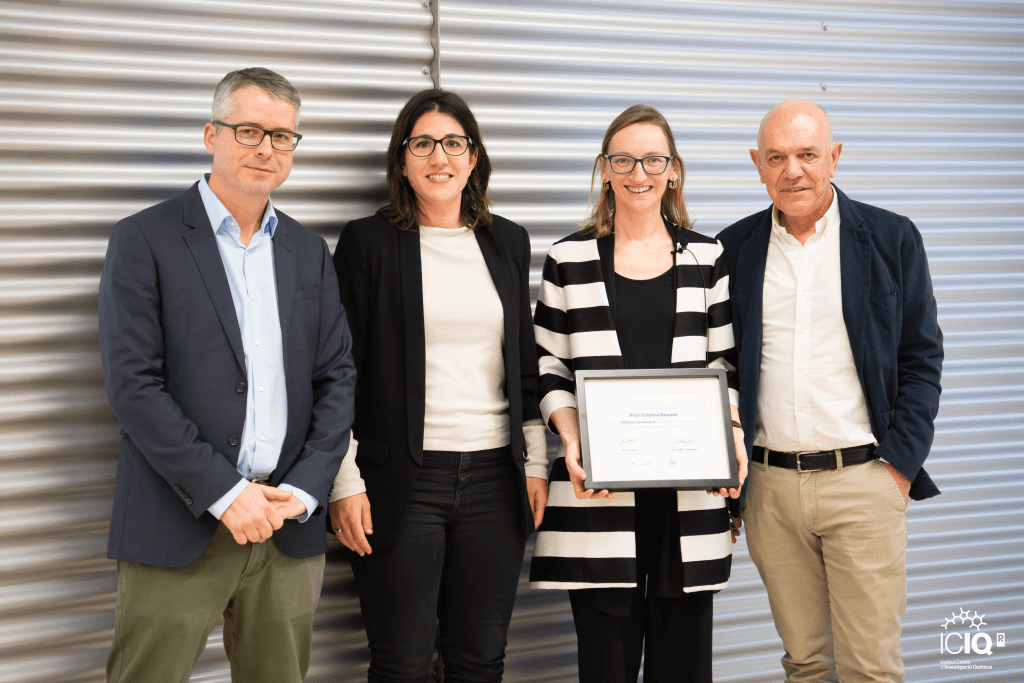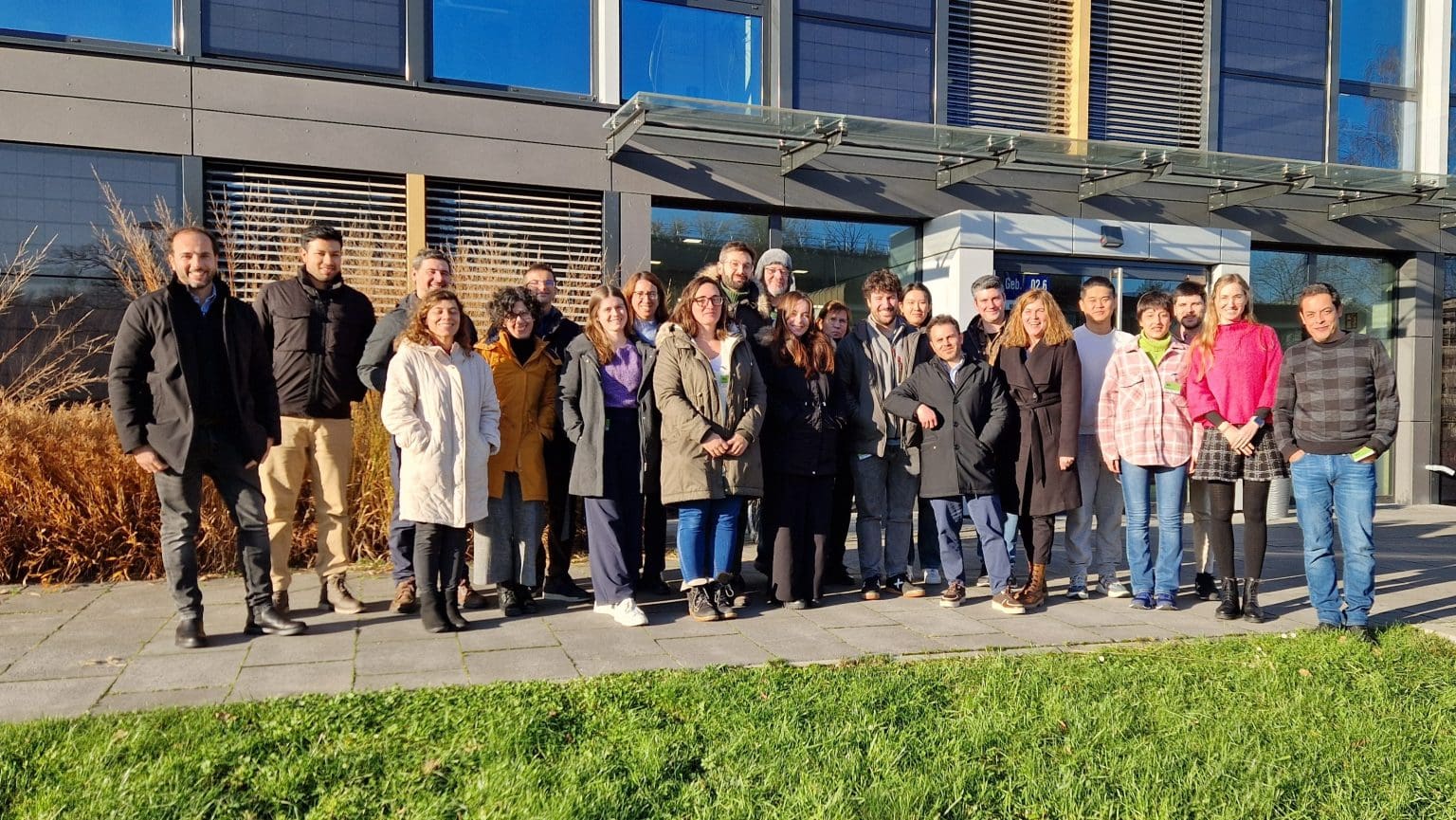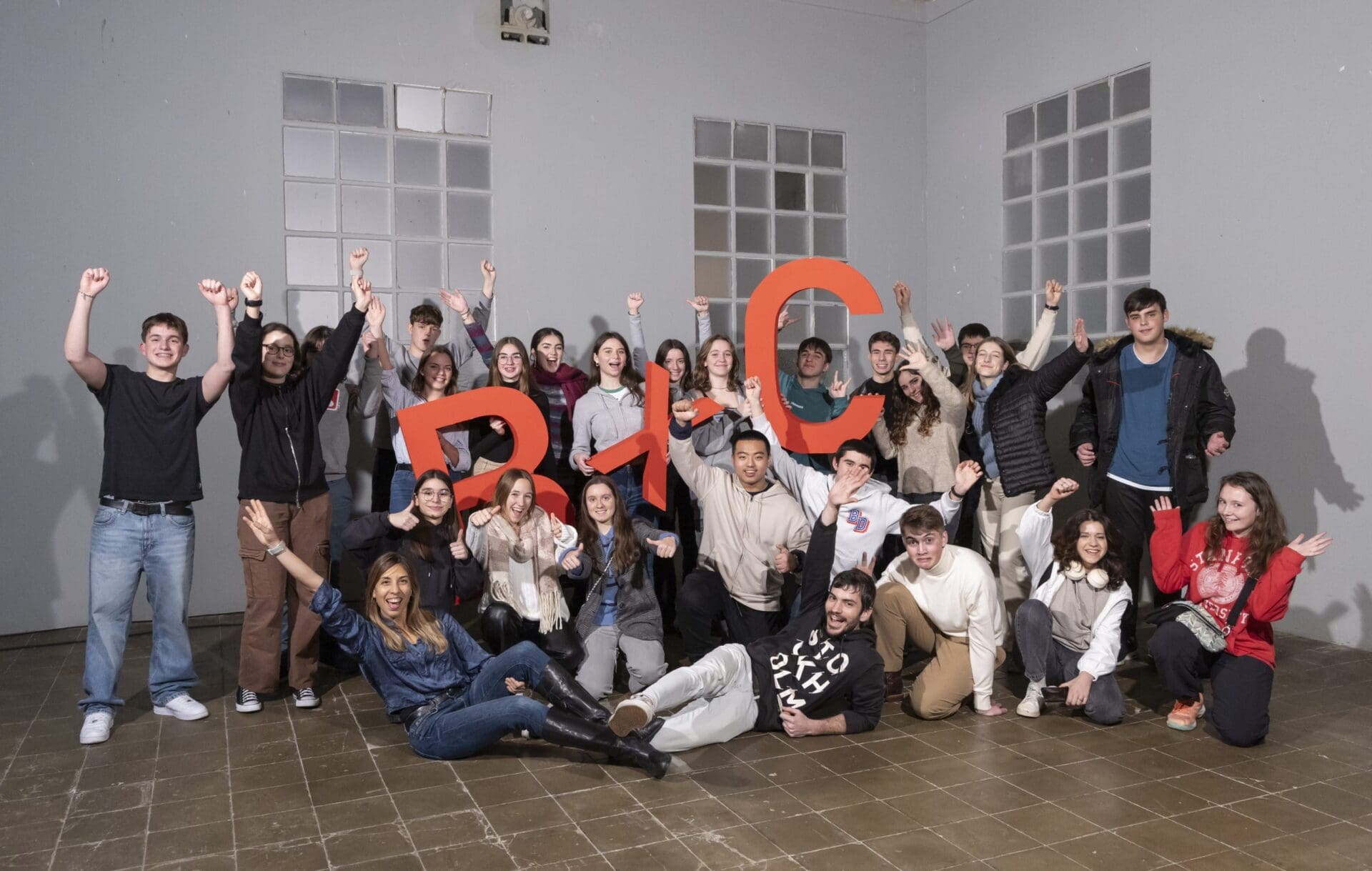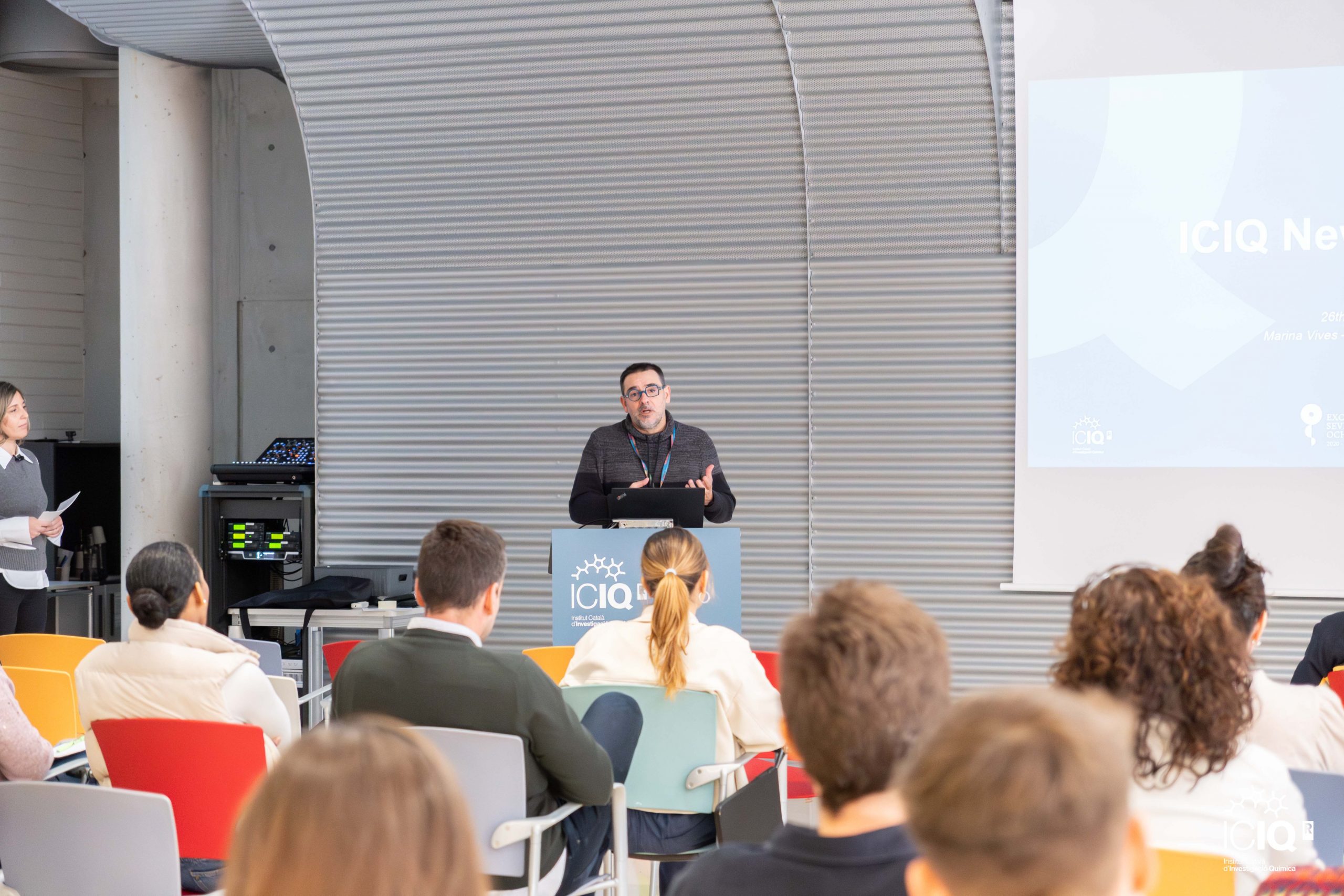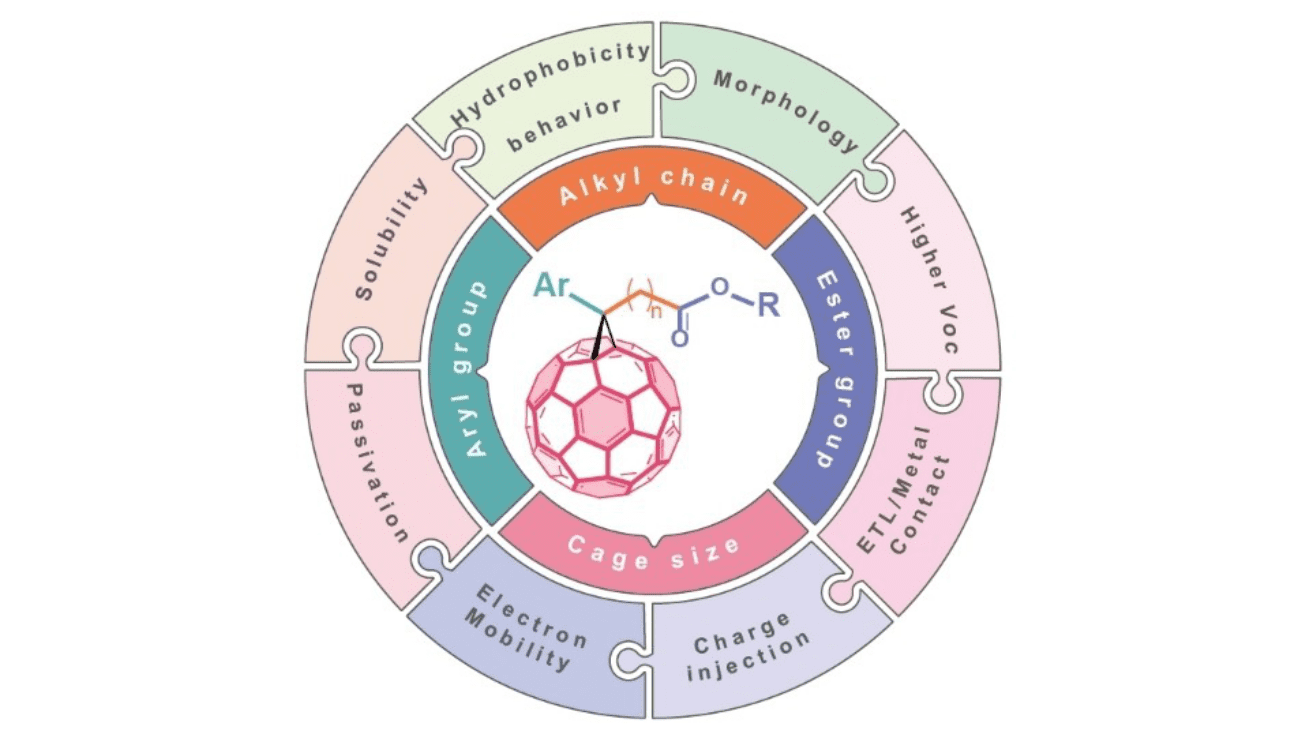Prof. Dr. Cristina Nevado and Prof. John Hartwig join ICIQ Scientific Advisory Board
ICIQ announces the appointment of Professor Cristina Nevado (from University of Zurich) and Professor John Hartwig (from University of California) to its Scientific Advisory Board (SAB).
As an international consultative body, the purpose of the Scientific Advisory Board (SAB) is to contribute to the evaluation of the progress made by ICIQ in the achievement of its research goals, as well as to provide expert guidance and recommendations to address the new challenges ahead in the pursue of scientific excellence.
The Scientific Advisory Board is comprised of 11 world-renowned academics with a relevant and solid international experience in key disciplines of ICIQ research.
Further details on the new SAB members
 Prof. Dr. Cristina Nevado graduated in Chemistry at the Autónoma University in 2000. In October 2004 she received her PhD from the same university working with Prof. Antonio M. Echavarren thereafter joining the group of Prof. Alois Fürstner at the Max-Planck-Institut für Kohlenforschung (Germany) as a post-doctoral associate. In May 2007 she started her independent career as an Assistant Professor of Organic Chemistry at the University of Zürich. In 2011, Cristina was awarded the Chemical Society Reviews Emerging Investigator Award and the Thieme Chemistry Journal Award in recognition of her contributions in the field of synthetic organic chemistry. In 2012 she received an ERC Junior Investigator grant and in 2013 was awarded the Werner Prize of the Swiss Chemical Society and was directly promoted to Full Professor. In 2019, she received the Royal Society of Chemistry Award in Organometallic Chemistry and in 2020 the Excellence Research Trajectory Award of the Royal Spanish Chemical Society (RSEQ) as well as the Margaret Faul Women in Chemistry Award. Among her many contributing roles to the community, Cristina is currently Senior Associate Editor for ACS Central Science, Organic Syntheses and Science of Synthesis. Rooted in the wide area of organic chemistry, her research program is focused on complex chemical synthesis and new organometallic reactions.
Prof. Dr. Cristina Nevado graduated in Chemistry at the Autónoma University in 2000. In October 2004 she received her PhD from the same university working with Prof. Antonio M. Echavarren thereafter joining the group of Prof. Alois Fürstner at the Max-Planck-Institut für Kohlenforschung (Germany) as a post-doctoral associate. In May 2007 she started her independent career as an Assistant Professor of Organic Chemistry at the University of Zürich. In 2011, Cristina was awarded the Chemical Society Reviews Emerging Investigator Award and the Thieme Chemistry Journal Award in recognition of her contributions in the field of synthetic organic chemistry. In 2012 she received an ERC Junior Investigator grant and in 2013 was awarded the Werner Prize of the Swiss Chemical Society and was directly promoted to Full Professor. In 2019, she received the Royal Society of Chemistry Award in Organometallic Chemistry and in 2020 the Excellence Research Trajectory Award of the Royal Spanish Chemical Society (RSEQ) as well as the Margaret Faul Women in Chemistry Award. Among her many contributing roles to the community, Cristina is currently Senior Associate Editor for ACS Central Science, Organic Syntheses and Science of Synthesis. Rooted in the wide area of organic chemistry, her research program is focused on complex chemical synthesis and new organometallic reactions.
 Prof John F. Hartwig received a B.A. degree in 1986 from Princeton University, and a Ph.D. degree in 1990 from the University of California, Berkeley under the collaborative direction of Robert Bergman and Richard Andersen. After an American Cancer Society postdoctoral fellowship with Stephen Lippard, he began an appointment at Yale University in 1992, where he was an Assistant Professor, Associate Professor, and then full Professor until 2004. In 2004, he was named the Irénée P. duPont Professor of Chemistry. In 2006, he moved to the University of Illinois Urbana-Champaign, where he was named the Kenneth L. Rinehart Jr. Professor of Chemistry. In 2011, Prof. Hartwig moved to his current position on the faculty at the University of California, Berkeley, where he is the Henry Rapoport Professor of Chemistry.
Prof John F. Hartwig received a B.A. degree in 1986 from Princeton University, and a Ph.D. degree in 1990 from the University of California, Berkeley under the collaborative direction of Robert Bergman and Richard Andersen. After an American Cancer Society postdoctoral fellowship with Stephen Lippard, he began an appointment at Yale University in 1992, where he was an Assistant Professor, Associate Professor, and then full Professor until 2004. In 2004, he was named the Irénée P. duPont Professor of Chemistry. In 2006, he moved to the University of Illinois Urbana-Champaign, where he was named the Kenneth L. Rinehart Jr. Professor of Chemistry. In 2011, Prof. Hartwig moved to his current position on the faculty at the University of California, Berkeley, where he is the Henry Rapoport Professor of Chemistry.
His research focuses on the discovery and understanding of new reactions catalyzed by transition metal complexes. He has developed a selective catalytic functionalization of alkanes, a method for formation of arylamines and aryl ethers from aryl halides or sulfonates, a method for the direct conversion of carbonyl compounds to alpha-aryl carbonyl derivatives, a system for the catalytic addition of amines to vinylarenes and dienes, and highly selective catalysts for the regio and enantioselective amination of allylic carbonates. With each system, his group has conducted extensive mechanistic investigations. He has revealed several new classes of reductive eliminations, has isolated discrete compounds that functionalize alkanes, and has reported unusual three-coordinate arylpalladium complexes that are intermediates in cross coupling.
Related news

Let's create a brighter future
Join our team to work with renowned researchers, tackle groundbreaking
projects and contribute to meaningful scientific advancements







 11-12-2024
11-12-2024 
